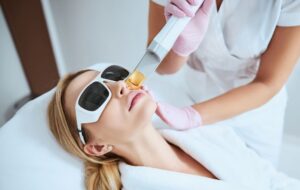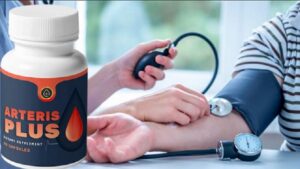Living With Acne: Prevention and Remedies

Anyone, from kids to adults, can develop unpleasant zits. However, acne can occur if a person’s complexion is constantly affected by flaws. Despite the fact that acne is not a major medical condition, it can negatively impact a person’s social life and self-esteem. It can eventually leave behind physically permanent scars. Fortunately, acne is treatable and manageable. Here’s a closer look at a few possible acne triggers as well as some lifestyle changes that can give you clearer skin.
What Exactly Is Acne?
Sebum (oil), bacteria, and/or dead skin cells that plug hair follicles beneath the skin can cause acne, a common inflammatory skin condition. There are many lesions that can result from this, including pimples, which can essentially form anywhere on the body, including the face, chest, back, neck, and shoulders. Painful acne comes in many different forms and can vary in severity, including blackheads, whiteheads, cysts, and other dangerous inflammatory lesions.
Teenagers and young adults are most commonly affected by acne due to the hormonal changes brought on by puberty. Sometimes an adult sufferer of acne experiences it for the first time. Some grownups may continue to struggle with acne well into their 40s, 50s, or even 60s.
Acne’s Potential Causes
Numerous urban legends center on the causes of acne. For instance, many people believe that consuming fatty, sugary foods like chocolate and french fries may result in acne. Although such claims lack scientific support, there are some factors that can make you more likely to get acne, including the following:
- Genetics: A person is more likely to develop acne if either of their parents had the inflammatory skin condition since skin color runs in families.
- Hormones: During puberty and pregnancy, hormone levels frequently change, which may cause the oil glands to produce more sebum. Excessive oil production can clog hair follicles, which can lead to breakouts.
- Medications: Certain pharmacological medicines may cause acne or exacerbate its symptoms. Birth control, testosterone and lithium-containing drugs, oral or intravenous steroids, and birth control are a few examples.
- Stress: Although stress does not cause acne, it can aggravate lesions that are already present. Additionally, it can cause oil glands to create more sebum, which would clog pores.
- Cosmetics: Oily cosmetics and personal care products, such thick lotions and hair waxes, can exacerbate blemishes. Use noncomedogenic (non-pore-blocking) products, and as a result, regularly remove makeup.
- Diet: Several research suggest that consuming certain meals may exacerbate acne. For instance, inflammatory conditions may worsen and sebum production may rise while eating sugary foods and refined carbohydrates like bread and chips.
Making Modifications for Clearer Skin
Recent dermatological developments have made treating acne successful. For those with severe acne, a dermatologist may advise topical medicines and antibiotics to reduce breakouts. Cleaner skin could come from a change in lifestyle.
- Cleanse skin. Skin cleanliness helps to reduce grease and bacteria. Make sure to cleanse your skin after using makeup and after exercising. Pat the area dry rather than actively rubbing.
- Decrease stress. More sleep aids in stress reduction and inhibits the release of the inflammatory hormone cortisol. You can also reduce stress by practicing yoga, meditation, working out, and keeping a journal.
- Use sunscreen. Since it can lessen existing sun damage, scarring, and discoloration, sun protection is crucial. It’s critical to use sunscreen when using acne medications that increase skin’s sensitivity to sunburn. Use a noncomedogenic product with an SPF of 30 or higher that is oil-free.
Although acne can be unbearably irritating and painful, it is treatable with the right therapy and dedication. For further details on the causes and remedies for this widespread skin condition, see the resource listed below.





